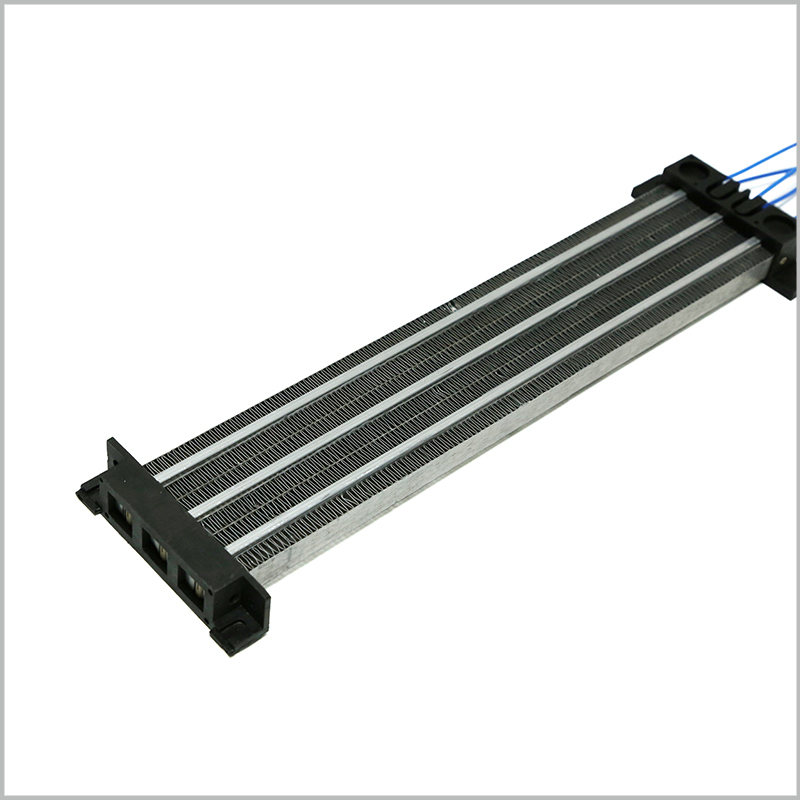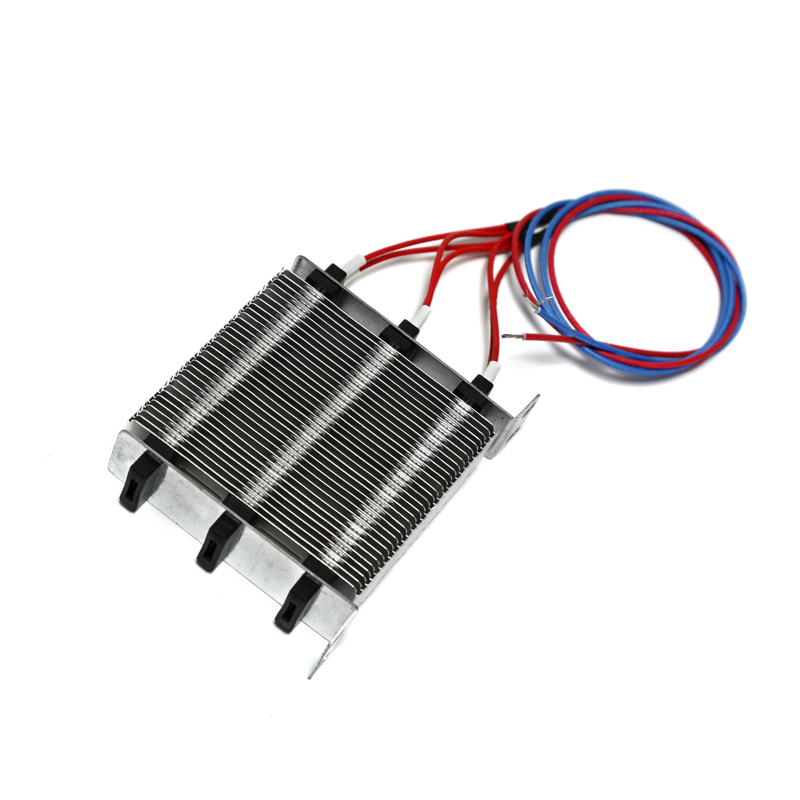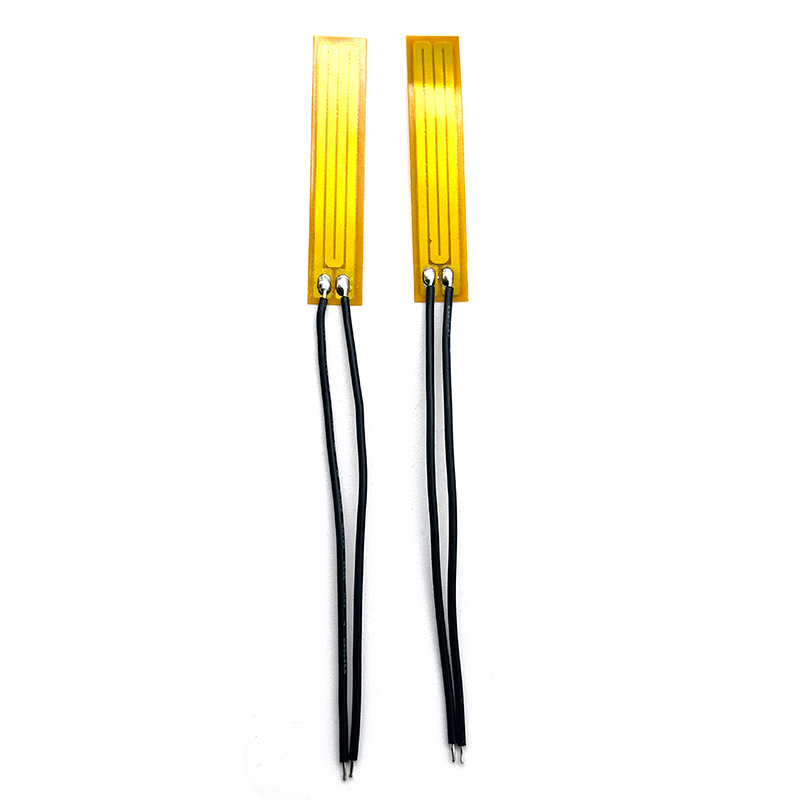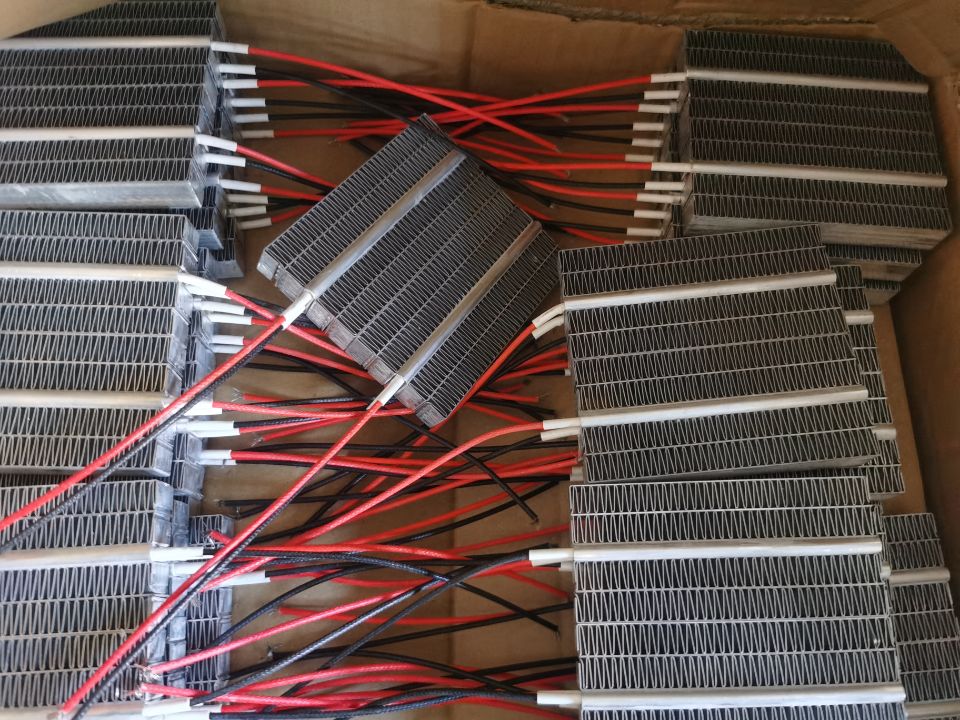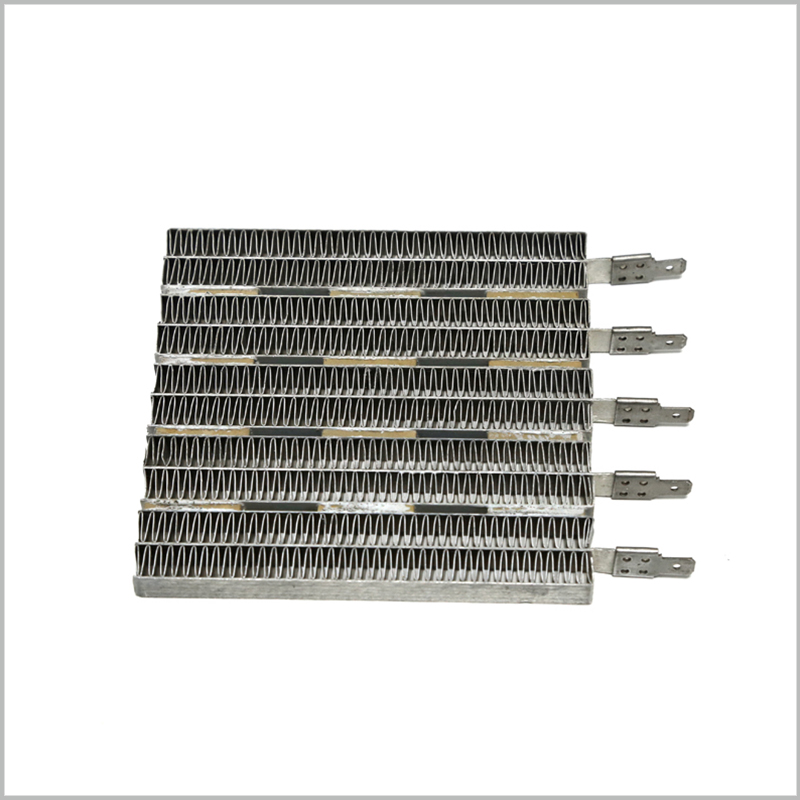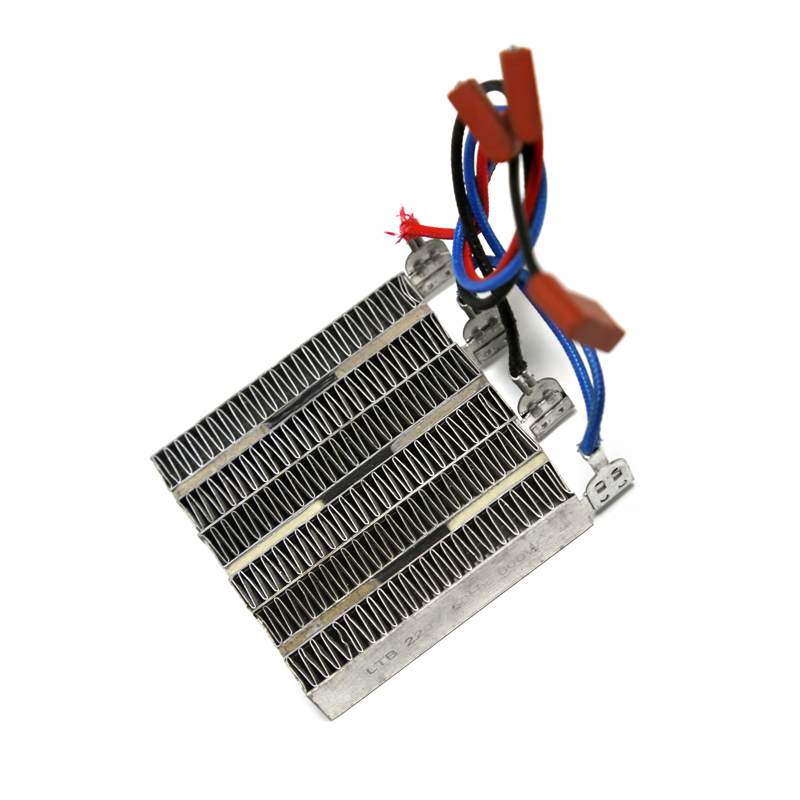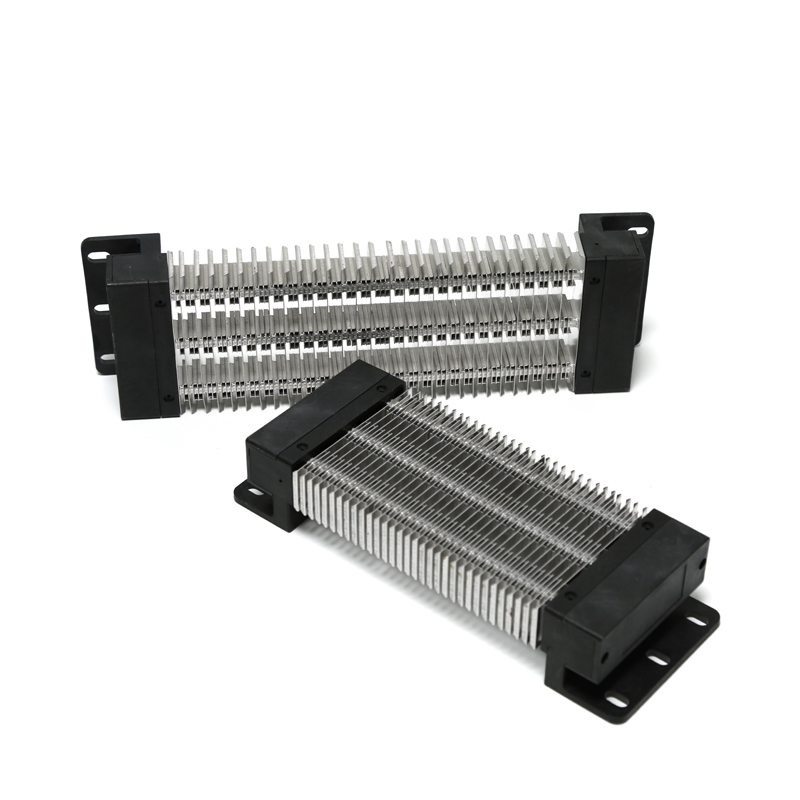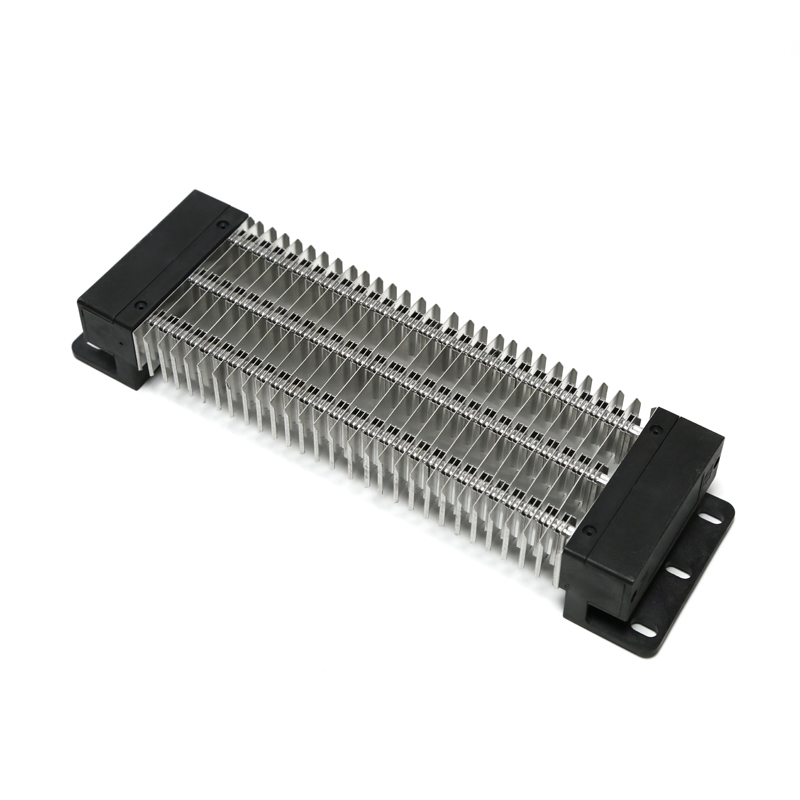In today's advanced applications, from wearable therapeutics to complex aerospace systems, the demand for heat goes beyond simple warmth. It requires a solution that is as intelligent and adaptable as the technology it supports. Flexible and durable Polyimide (PI) heating films meet this challenge, offering unparalleled precision in thermal management within a remarkably tough and versatile package.
The Power of Flexibility and Strength
The core of a PI heating film is a thin polyimide substrate, a material known for its exceptional combination of flexibility and inherent durability. Unlike rigid ceramic heaters or bulky silicone pads, these ultra-thin films can be conformally attached to curved, uneven, or moving surfaces without cracking or delaminating. This makes them ideal for applications where space is limited and reliability is paramount, such as wrapping around fluid lines in satellites or integrating into the contoured surfaces of medical diagnostic equipment.
Achieving Pinpoint Thermal Accuracy
Precise thermal control is where PI films truly excel. The heating element is typically a precision-etched foil circuit, which can be custom-designed to create an exceptionally uniform heat distribution across the entire surface. This eliminates problematic hot and cold spots that can damage sensitive components or skew scientific results.
This precision is further enhanced by the ability to seamlessly integrate thin-film sensors (like RTDs or thermocouples) directly onto the same polyimide substrate. This creates a closed-loop system where temperature is constantly monitored and adjusted in real-time, ensuring stability within a fraction of a degree. Whether you are maintaining a specific temperature for a chemical reaction or ensuring patient comfort in a wearable device, this level of control is indispensable.
Durability That Meets Demanding Standards
The rugged nature of polyimide ensures long-term performance. These heating films are resistant to moisture, most chemicals, and radiation. They can endure constant flexing, significant vibration, and extreme thermal cycling without failure. This durability translates to superior product longevity and reduced maintenance, whether deployed in a harsh industrial setting or a mission-critical aerospace application.
By uniting flexibility, rugged durability, and pinpoint thermal control, PI heating films provide the sophisticated thermal management solution that modern technology demands.


